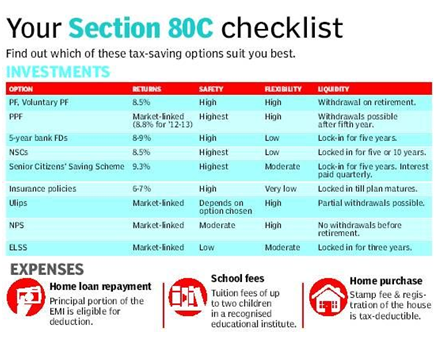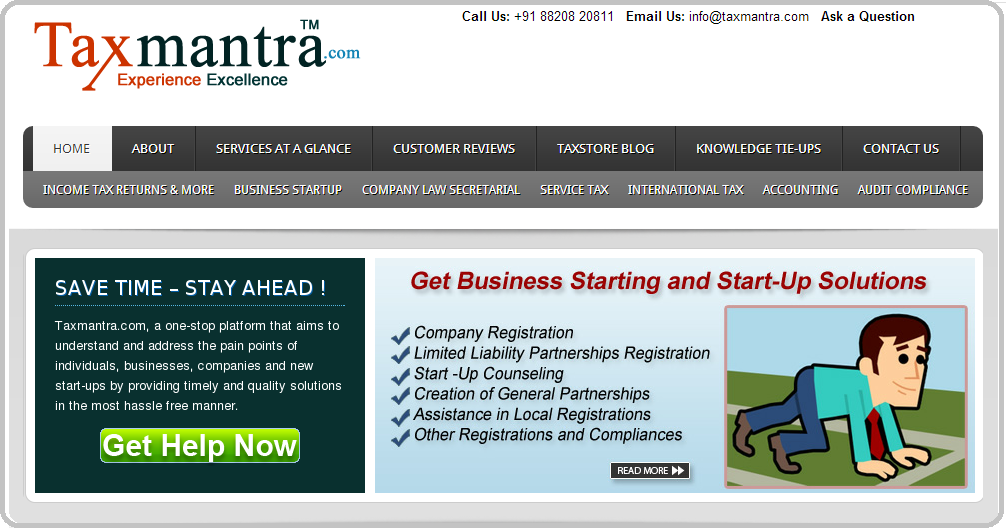Income Tax for Freelancers
make an informed start
Catchy Title… eh !… (…Ahem.!!.. Scary would be more appropriate isn’t it?…)
 Well, Don’t we all dread the this time of the year, when every publication (print, online or otherwise) is flooded with write-ups (.. shout-outs..) on Income Tax planning, Income Tax savings, Income Tax computations, Income Tax Returns etc etc. It so seems, the universe wants us to explicitly remember that it is TAX-Time, and no escaping at it.
Well, Don’t we all dread the this time of the year, when every publication (print, online or otherwise) is flooded with write-ups (.. shout-outs..) on Income Tax planning, Income Tax savings, Income Tax computations, Income Tax Returns etc etc. It so seems, the universe wants us to explicitly remember that it is TAX-Time, and no escaping at it.
Short Intro :
“Any income derived by way of freelancing job is taxable under the provisions of Income Tax Act. 1961 as “Profits and Gains from Business / Profession”.
There is not much information directed at freelancers (from India) on how to do Income Tax Computations. So, I have put together this ebook so as to enable a freelancer to make an informed start at handling Income Tax Issues. Please register to download the Ebook, or , you may read it entirely online starting here, which includes the Table of Contents, as separate posts.
Long Intro:
You might wonder that, why am I writing this piece? Am I tagging along the content-bandwagon to get some extra traffic here? After all, Why should someone “working from home” (Homeprenuer) worry about taxes?… The answer to this is an emphatic Y-E-S. Extra-traffic would certainly be nice. But that would happen only if the content is useful and relevant. So, this brings us back to the question of, How is “Income Tax” relevant to someone working from home?
NOTE: By “working from home”, I am referring to those who do freelance work, from home, and not those employees who chose the work-from-home-option provided by their companies (IBM, Dell, HCL, Accenture etc)
“Working from home” is only a shift in premises from the traditional “Office Space”, and not job-description. Payment made to such freelance professionals / consultants is not referred to as “Salary”, but as “payment for services rendered”.
There it is. “Payment for services rendered” is the catch.
Income From Freelancing Is Indeed An INCOME, however small / marginal. And, “Any income derived by way of freelancing job is taxable under the provisions of Income Tax Act. 1961 as “Profits and Gains from Business / Profession”. – Refer this post written way back in 2009, thanks to Ranjit Xavier.
Since then (2009), I have been trying to collect Tax related information for freelancers both online and offline. My finance-knowledge is limited to HoursWork(ed)*$pay/hr = $$MyPay$$. As a non-finance person the information thrown at me made no sense at all. In fact, it scared the hell out of me for the first few months. It is then I realised that, we freelancers (from India) don’t have a handbook to understand Income Tax, lest should we be reprimanded for “not paying taxes”…(which is a punishable offence). That is how this ebook started
So, here you go…
Start Reading .. Income Tax for freelancers : make an informed start
Table of Contents |












 Our Income Tax Department has put forth clean and simple how-to on payment of Income Tax,
Our Income Tax Department has put forth clean and simple how-to on payment of Income Tax, 
 Question
Question 
